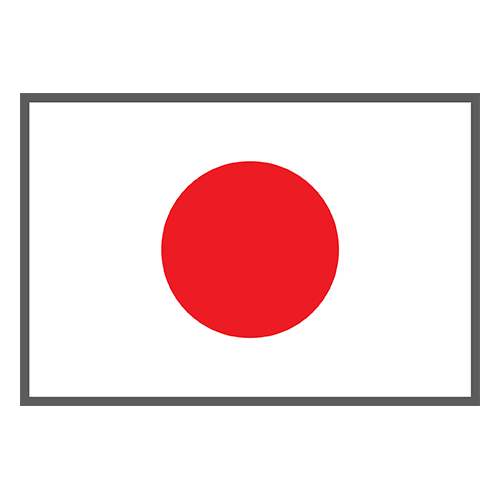Australia v Japan
Late goal sends Japan past Australia into semifinals
EDMONTON, Alberta -- Japanese coach Norio Sasaki couldn't resist making a joke at Mana Iwabuchi's expense when explaining his decision to substitute the forward in during the second half against Australia on Saturday.
Iwabuchi, Sasaki said with a laugh, went from "not yet" to right now.
Some 15 minutes after entering the game, Iwabuchi scored during a scramble in front in the 87th minute to secure a 1-0 victory in the Women's World Cup quarterfinals Saturday.
"Her first name is Mana. And in Japanese, 'Not yet, not yet,' would be 'mada,' so [the words] are very close," Sasaki said through a translator. "And it didn't take her too long as far as she's concerned."
The fourth-ranked Japanese will stay in Edmonton, where they will play England in the semifinals Wednesday. England beat Canada 2-1 in Vancouver, British Columbia.
Patience and fresh legs paid off for the defending champions, as their ball-controlling style combined with the 90-degree temperatures gradually wore down the 10th-ranked Australians.
Iwabuchi had nearly scored a minute earlier, but her shot was blocked by Elise Kellond-Knight, which led to a corner kick.
Though Aya Miyama's corner kick was headed out of the penalty area, the ball bounced directly to Rumi Utsugi, who immediately sent it back toward the goal. Azusa Iwashimizu had her shot stopped by Lydia Williams, but the goalkeeper was unable to control the rebound.
The ball squirted to the left, where Iwabuchi knocked it the open side.
"The difficulty was the heat," said Utsugi, who was named player of the match for setting up the goal. "However, throughout the game, the resolve of all members to keep it up to the end was the challenge. However, we did manage to do that."
Japan is a perfect 5-0 in Canada, and has won eight straight since winning the 2011 tournament in Germany, when it beat the United Stated 2-2 in penalty kicks in the championship game. The Nedeshiko are now two victories from becoming the second nation to win consecutive tournaments after Germany won in 2003 and '07.
The Matildas go home after making their deepest run in tournament history. The 10th-ranked team won its first elimination game by upsetting seventh-ranked Brazil in the round of 16.
"Obviously disappointed at the result, but when you look at the big scheme of things, we lost 1-0," coach Alen Stajcic said. "It was 1-0 in the 88th minute off a scrappy corner. It's not as if we were humiliated."
They were, however, beaten by a team that showed more composure and patience.
The Matildas exerted too much energy chasing the ball in the first 20 minutes. And when they finally got possession, the Australians too often gave the ball right back to Japan.
"Certainly [the Japanese] were a lot more composed throughout the 90 minutes," Stajcic said. "It's a heart-breaking experience for all of us. But sometimes you learn the most from these experiences."
Japan has gone 4-0-1 in its past five meetings against its Asian regional rival, and is 8-1-1 in its past 10 games.
The Australians did a better job than Japan's previous tournament opponents in bottling up the middle and pressuring the ball carrier to disrupt the Nadeshiko's crisp, short-passing style.
But the Japanese attack finally wore down Australia in the second half.
In the 77th minute, Saori Ariyoshi broke free up the middle only to have her shot blocked by Kellond-Knight.
Japan had the best scoring opportunity of the first half. It happened in the 22nd minute off an Australian turnover.
Nahomi Kawasumi burst free up the right wing and threaded a perfect pass into the penalty area, where Shinobu Ohno punched the ball just over the open right side of the goal.
Some four minutes later, the Australians responded off a great run by Samantha Kerr, who was bowled over by Iwashimizu, who was issued a yellow card. That set up a free kick from 25 yards out. Alanna Kennedy took the kick, but curled her shot well wide of the right post.
Sasaki was pleased with how his team didn't let down following several missed scoring chances.
"I was thinking that even if we didn't have a goal in 90 minutes, we would certainly do that by 120 minutes," Sasaki said. "While we do recognize the big growth of the Australian team in this World Cup, I think the result of this match has given confidence to the Japanese players."

